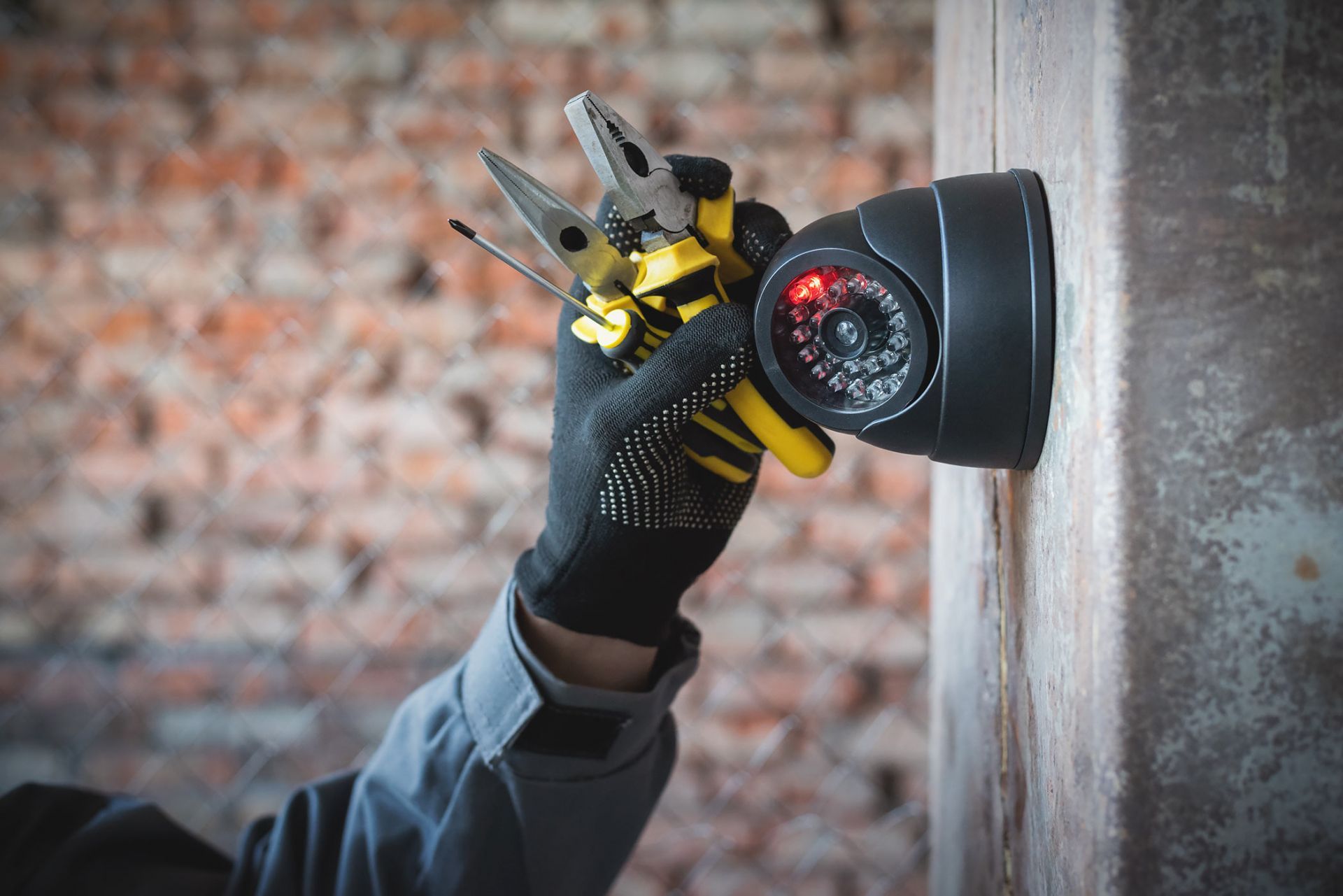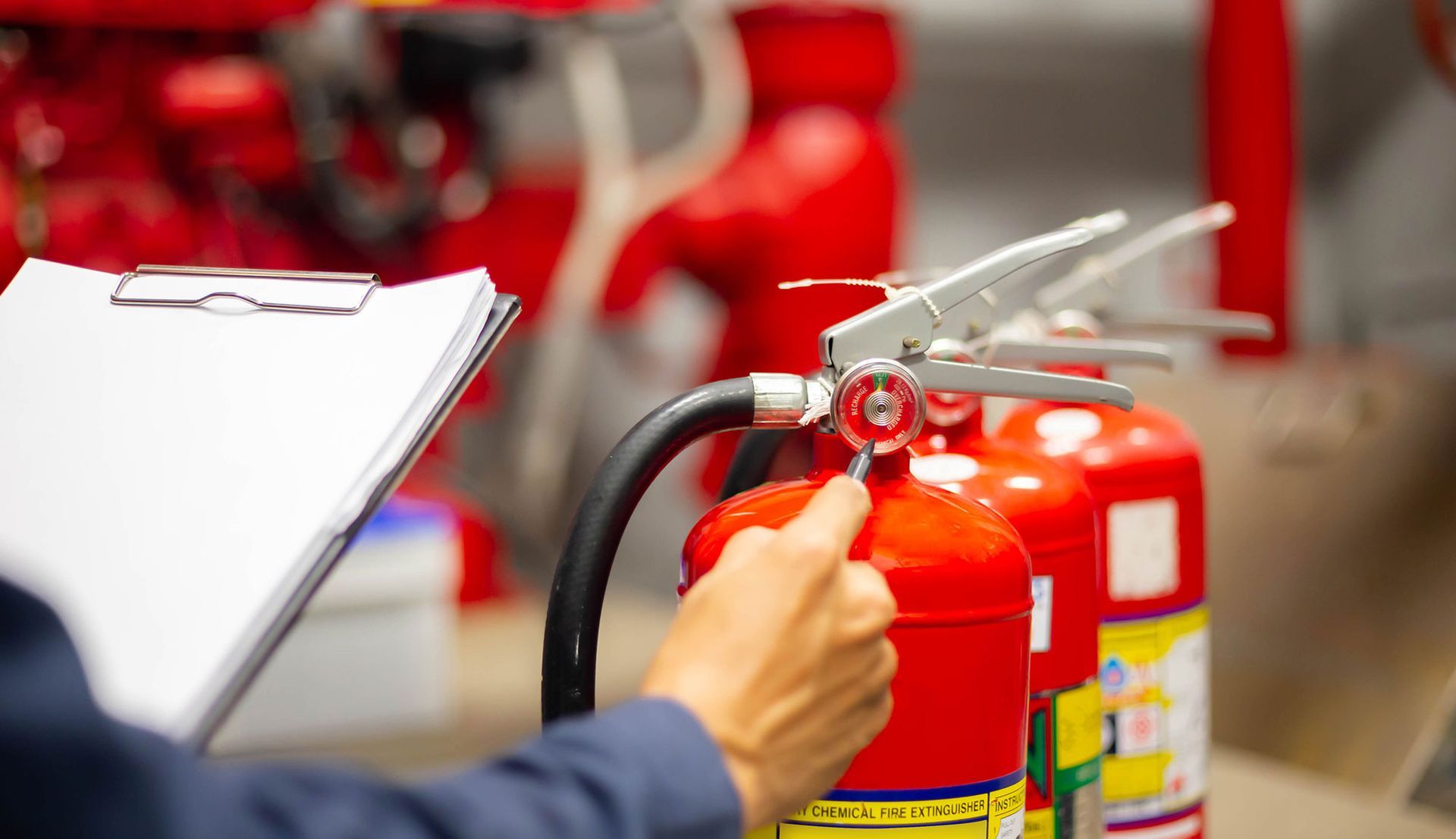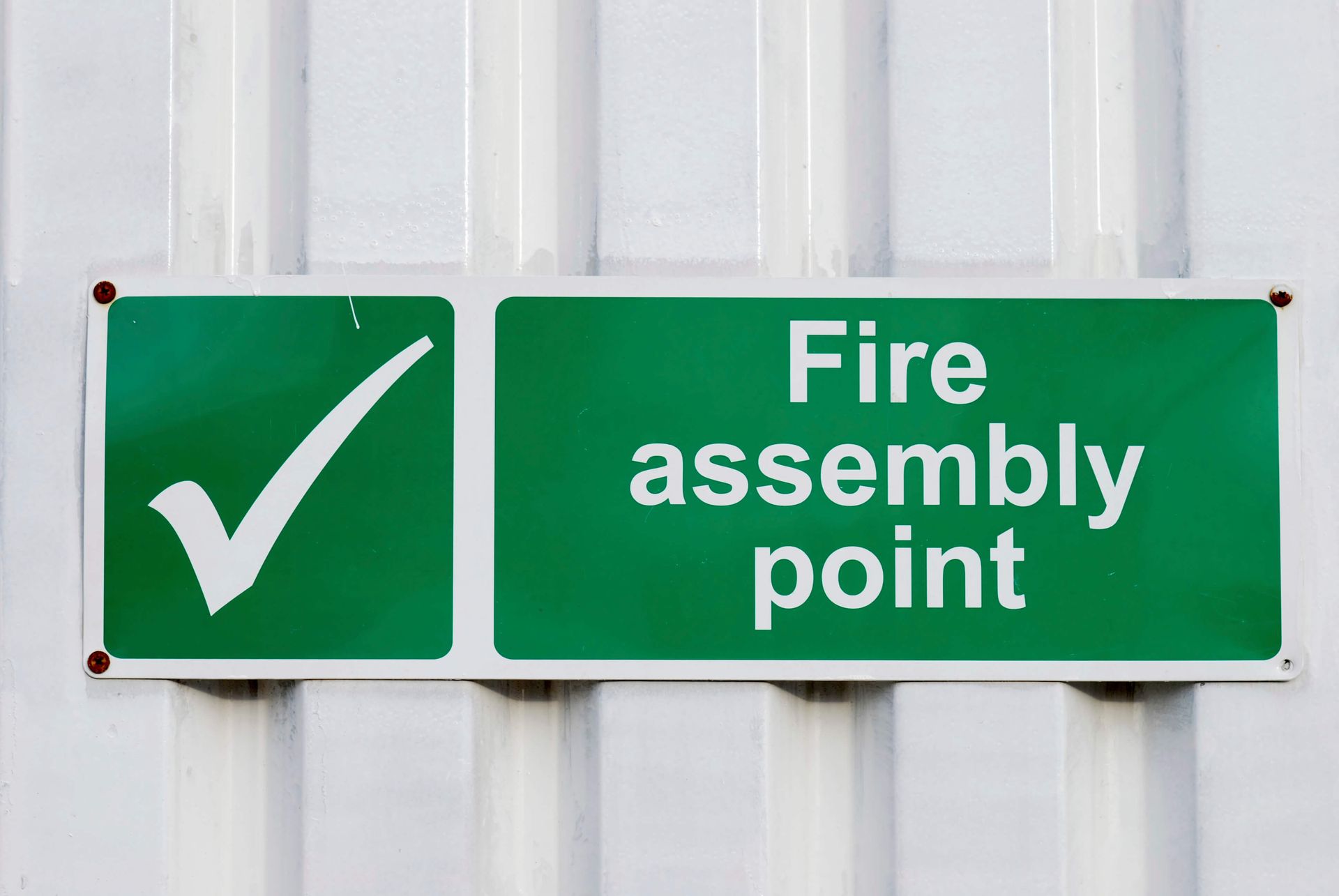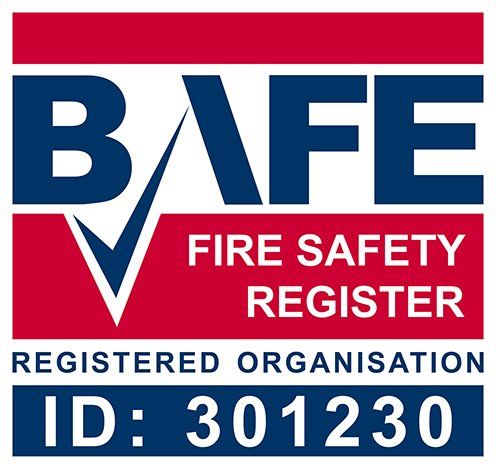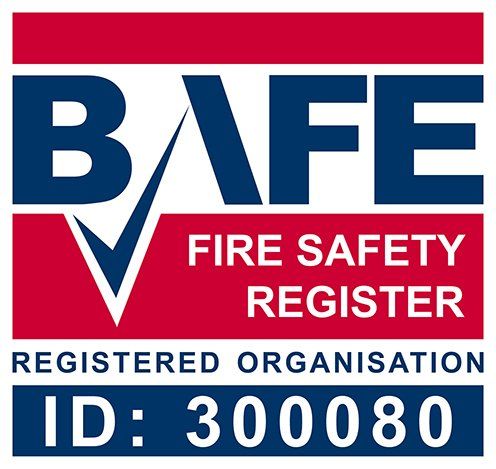Simple Steps for Fire Safety Training
Ace Fire And Security Equipment • 23 July 2020
Within any commercial setting, it is legally required for certain members of staff to be trained in fire safety procedures, then becoming the environment’s designated fire wardens as a result. The person trained should have a clear understanding of the significant duties and responsibilities they have as a fire warden. This will include: what action they should take on the discovery of a fire, know the difference between the various fire classes, which extinguisher to use for which fire and what the evacuation procedure is.
Understanding the Fire Triangle
A fire requires 3 elements for it to ignite – oxygen, fuel and heat – and a fire can be extinguished by removing one of these elements. For example, covering a fire with a fire blanket removes the oxygen supply, in turn, putting the fire out.
Discovering a fire
On discovering a fire, the first thing you need to do is raise the fire alarm so everybody on the premises is aware there is a fire in the building. You should then make sure everyone safely exits the building and gathers at the appropriate assembly point.
Types of fires
Being a fire warden also means you must have a basic understanding of the types of fires there are:
● Class A fires involve solid materials such as wood, paper, rubber, plastic and cloth.
● Class B fires involve flammable or combustible liquids, such as petrol, oil and paint.
● Class C fires involve flammable gases, such as propane, butane and methane.
● Class D fires involve flammable metals, such as potassium, aluminium and titanium.
● Class F fires involve cooking oils and fats.
Fire Safety for those with disabilities
The Disability Equality Duty draws attention to the fact that disabled people should not be discriminated against under any circumstance in the work environment. Therefore, they still have to be given an evacuation plan despite any differences in mobility. As such, the fire warden must be aware of those who may need additional assistance when evacuating and allow extra time for this so they are not exposed to further discrimination.
Here at Ace Fire Alarms, we offer fire awareness training, your employees are taught how to react in the event of a fire. Our training involves both a theoretical and a practical session. All candidates are given the chance to extinguish an actual fire that is generated with our fire simulator. To find out more about the product and services we offer, please get in touch.




